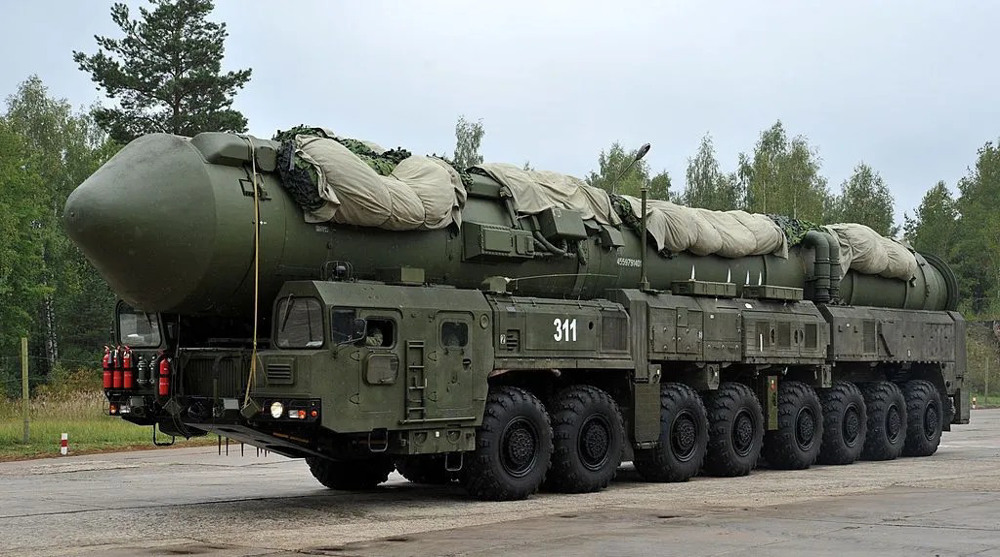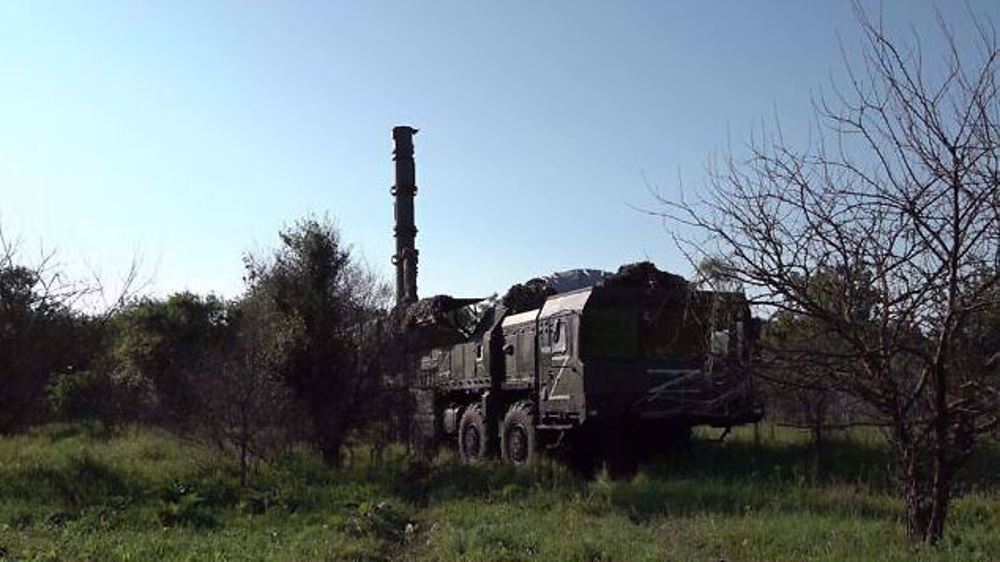Russia baffled by talk of US troop deployment to neighboring Norway
Russia has expressed surprise over the controversial deployment of US troops in neighboring Norway amid growing tensions between the US-led NATO alliance and Moscow over the Ukraine conflict and the Syrian war.
"Taking into account multiple statements made by Norwegian officials about the absence of threat from Russia to Norway, we would like to understand why Norway is so much willing to increase its military potential, in particular through the stationing of American forces in Vaernes," said the spokesperson for the Russian embassy in Norway's capital of Oslo, Maxime Gourov.
"The policy of non-stationing (of foreign troops), which even withstood the test of the Cold War, has always been an advantage for Norway as a partner over other NATO countries," Gourov added.
Vaernes lies nearly 1,000 kilometers from the Russian-Norwegian border.
The development came after the Norwegian Defense Ministry announced on October 10 that it was holding preliminary discussions about the possibility of such a deployment as well as "additional training and storage."
"It may be something that is carried out on a rotational basis... [but] there is no question of permanent deployment," said the ministry’s spokesperson Ann Kristin Salbuvik.
This is while Norwegian media also reported earlier this month that the US military plans to station 300 US Marines at Vaernes and that the deployment will take place next January.
According to reports, the US possesses massive amounts of military hardware pre-positioned in Norway, notably in tunnels dug into mountains.
"Having a rotational presence in Norway enhances the collective ability of our two forces to work together," said the US general in charge of the country’s Marine Corps in Europe and Africa, Niel Nelson.
Moreover, NATO announced in July that it would deploy, also on a rotational basis, four multinational battalions to Poland and to Baltic states to deter what it referred to as “any Russian incursion.”
Prior to joining NATO in 1949, Norway allayed Russian fears by pledging not to open its territory to foreign combat troops so long as Norway was not attacked or threatened with attack.
The pledge, however, was later amended to allow foreign troops to conduct war games in Norway.
VIDEO | IAEA anti-Iran resolution
Iran urges pope to help end Israeli onslaught in Gaza
VIDEO | ICC's warrant against Netanyahu
VIDEO | Dispute over 'self-defense' clause
Israel destroys 8-story residential building in missile strike in Beirut
Nov. 22: ‘Axis of Resistance’ operations against Israeli occupation
VIDEO | Press TV's news headlines
VIDEO | US-Israeli genocide: Will Gazans see ceasefire deal achieved?













 This makes it easy to access the Press TV website
This makes it easy to access the Press TV website